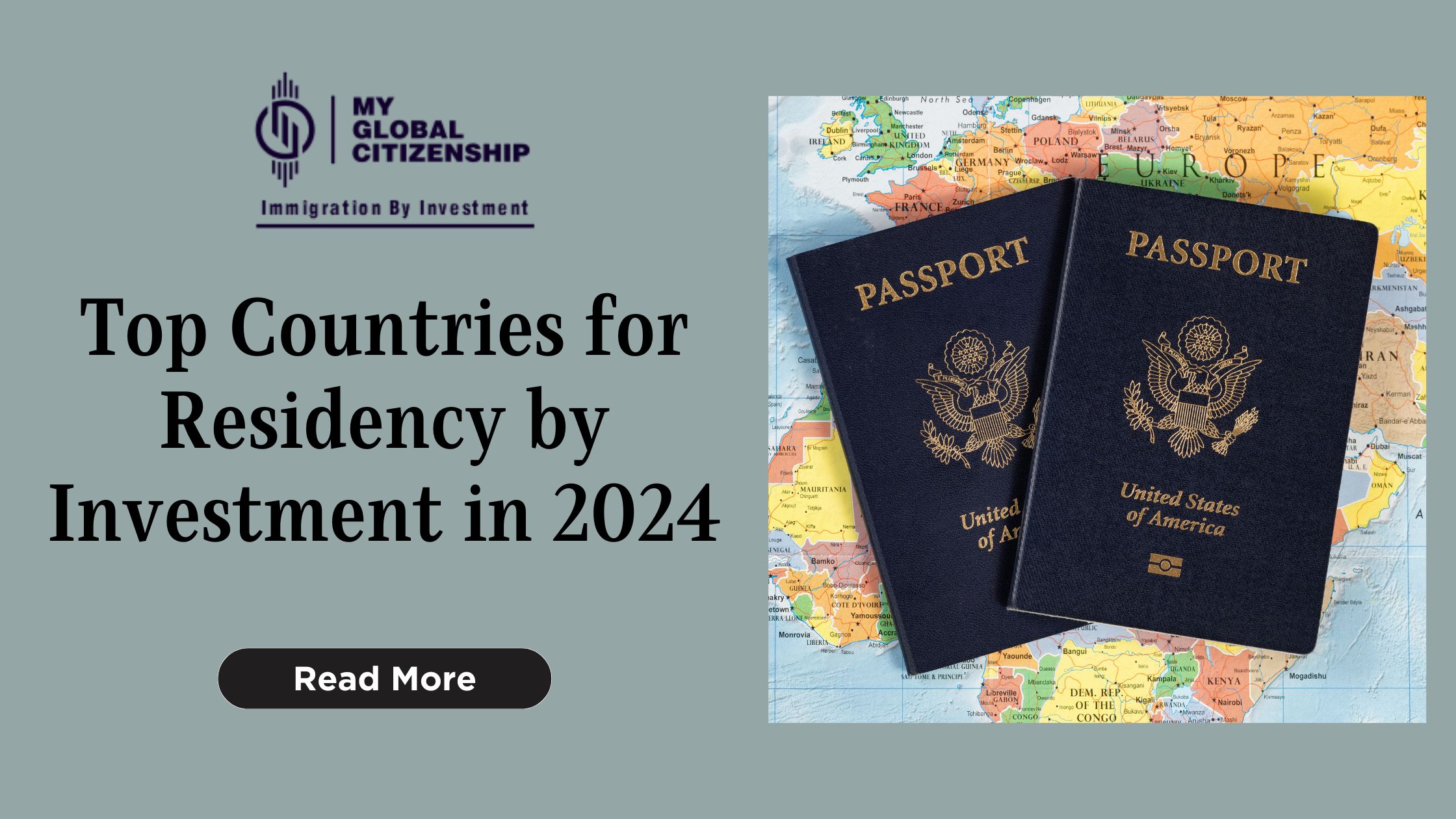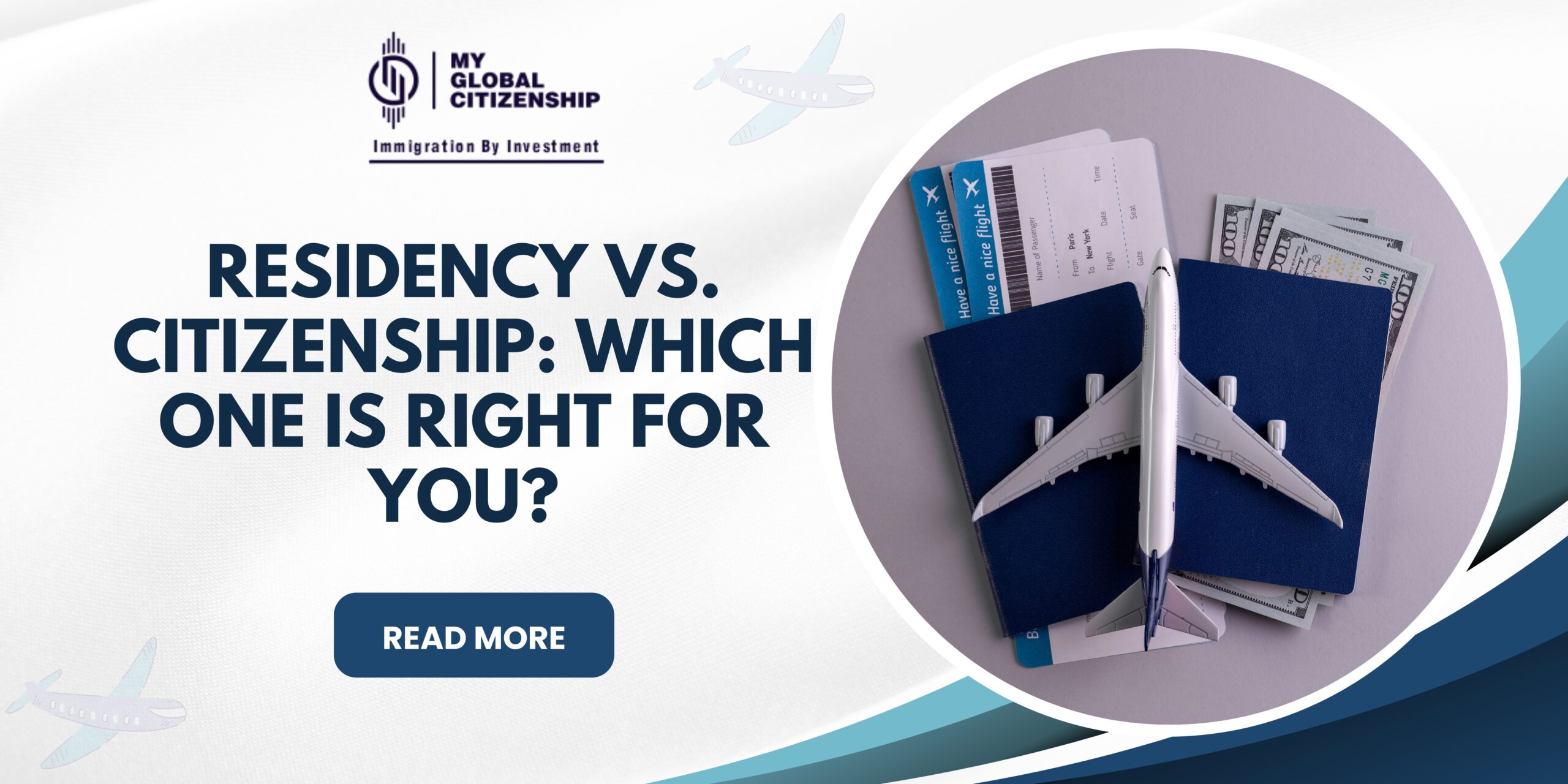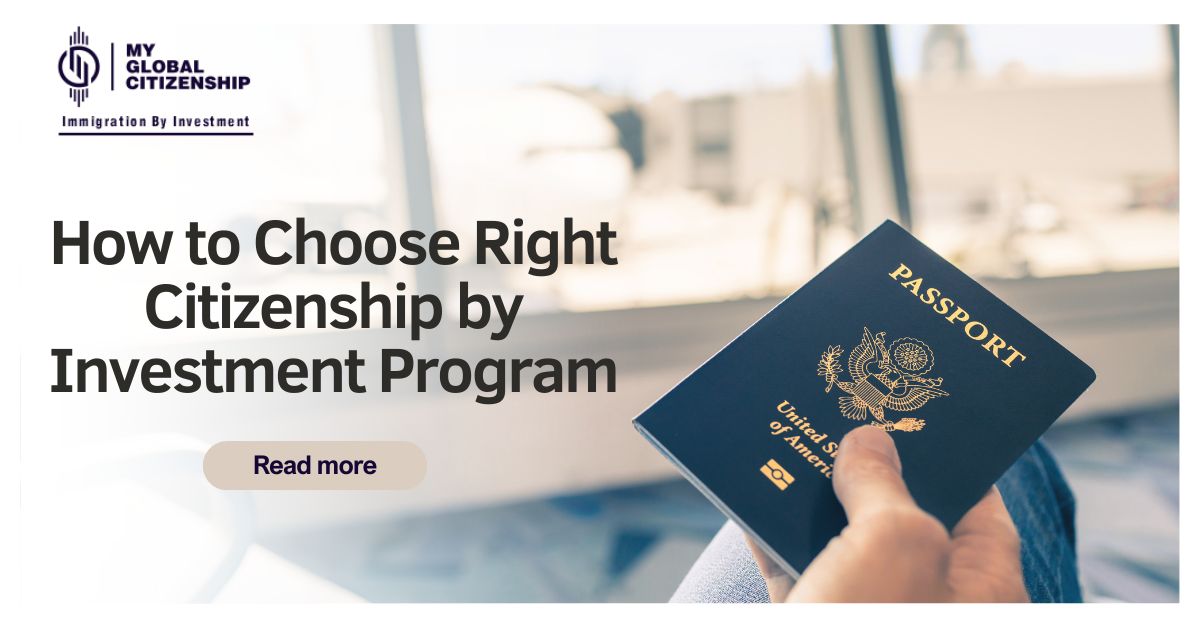- A new Active Investor Plus visa category is created to attract high-value investors.
- The new visa will replace the existing Investor 1 and Investor 2 visa categories.
- Eligibility criteria includes a minimum $5 million investment and encourages greater economic benefit to New Zealand companies by capping passive investment in listed equities to 50 per cent and excluding bonds and property.
- Visa category will open 19 September 2022.
As part of the Government’s Immigration Rebalance strategy, changes to New Zealand’s investor visa settings will be made to attract experienced, high-value investors bringing growth opportunities to domestic businesses, Economic and Regional Development Minister Stuart Nash and Immigration Minister Michael Wood announced today.
“We have so many fantastic businesses in New Zealand that are making a real name for themselves in the global marketplace. Our Government has a goal to support these businesses to grow into even more successful global brands, and updating our investor visa settings is a key part of our strategy to attract high-value investors,” Stuart Nash said.
“This is part of our Immigration Rebalance strategy, which aims to attract high-skilled migrants, and aligns with our goal to build a more productive, competitive and sustainable, economy. The new visa settings will attract active and high-value migrants who will bring their international expertise to help New Zealand businesses to grow, which increases local employment and directly benefits the economy.
“The new Active Investor Plus visa will replace the old investment visa categories, which although successful in attracting a large amount of funds over past decade – over $12b –often resulted in passive investment in shares and bonds rather than directly into New Zealand companies, meaning a missed opportunity to attract more active investors who can deliver real benefits to our economy over a long period of time.
“We want to encourage active investment into New Zealand, which generates more high-skilled jobs and economic growth compared to passive investment. This new visa category will also leverage the skills, experience and networks of migrants who will bring their access to global networks and global markets to help Kiwi companies grow faster and smarter.
“Overall, the visa changes are a win-win for New Zealand and migrant investors. Investors secure an opportunity to invest in smart and innovative New Zealand businesses that have the potential to be globally successful, and Kiwi businesses gain valuable skills, connections, and capital. This will make New Zealand more competitive in the international marketplace and take our businesses to the next level,” Stuart Nash said.
“The new visa category will help to attract investors that will remain in New Zealand for the long term, bringing their skills and experience to increase our productivity and competitiveness, supporting our transition to a high wage, productive economy,” Michael Wood said.
“Applicants who make acceptable direct investments, among other requirements, will be eligible for the new visa with a $5 million minimum investment and receive the highest rating which is a lower minimum amount than those who choose more indirect investments. The minimum amount required for indirect investments will be $15 million.
“We’re also improving the flexibility for the investor by allowing them to invest over a three-year period and maintain their investments up to the end of a fourth year. Investors will need to spend at least 117 days, or around a month a year, in New Zealand over the four-year investment period. This is increased from 88 days in the previous category in order to ensure that investors are actively getting hands on with local companies to help them grow.
“Being in New Zealand will provide more opportunities to become involved in the businesses they’ve invested in, further sharing their expertise and connections. Spending time here also increases the likelihood of further active investment. The changes align with similar investor migrant settings in Australia,” Michael Wood said.
The new Active Investor Plus visa will open on 19 September 2022. Applications under the Investor 1 and Investor 2 visas will no longer be accepted after 27 July 2022. All applications in the current pipeline will continue to be processed by Immigration New Zealand.






